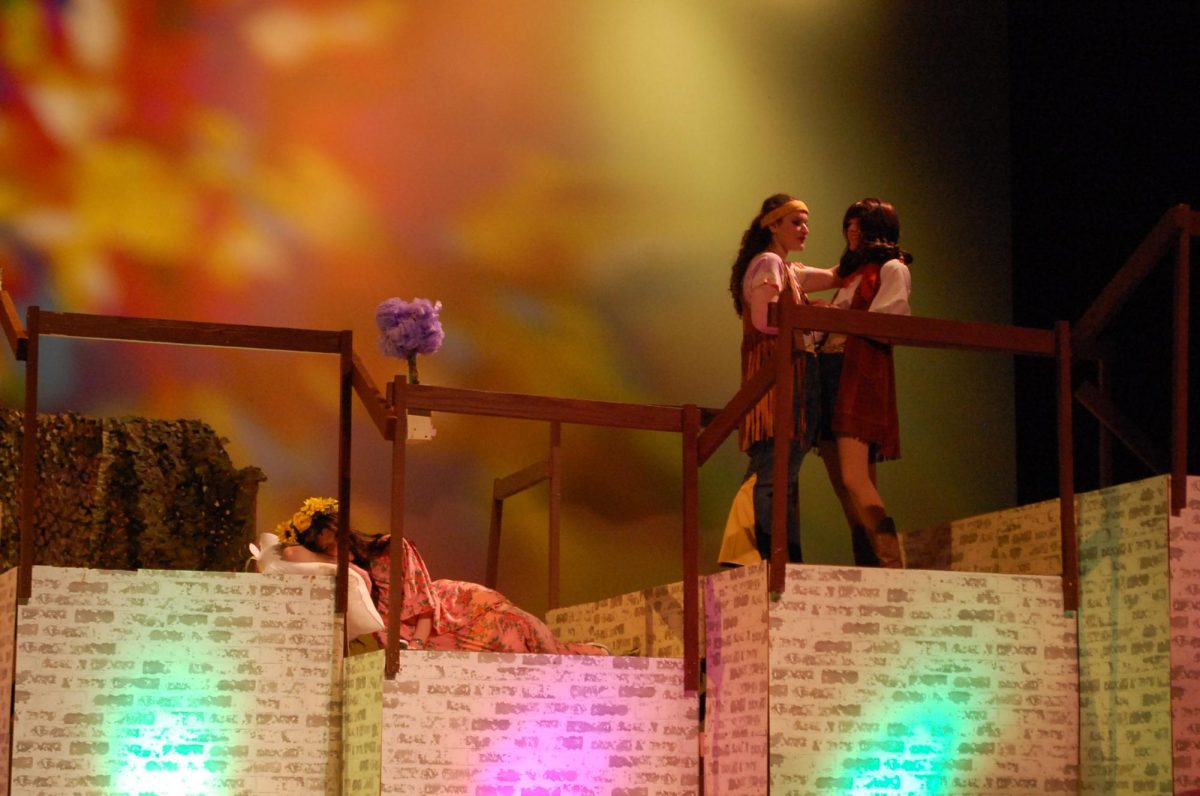
We’re used to hearing about people counting down the days until the last day of school, a certain event, or a special trip they’re about to go on. But for LM’ renowned Music Department’s teachers were counting down the days until a COVID-19 study would come out.
“I have never seen a group of people so invested in seeing a release date for a scientific study,” said Choir Director Joshua Hunnex. The study he was referencing investigated how COVID-19 spreads in performing arts settings and classes, and what schools would need to do to make sure that did not happen.
This was only the beginning for these teachers. Band Director Joshua Cooperstein said he and others members of the music department were part of a Facebook group this summer with performing arts teachers from across the country who were sharing the ways they were preparing to teach in the pandemic era. “We would take the best of what we saw and find out what we needed to do to incorporate those things.”
“We’ve gotten a lot of information from other schools,” said Band Director Aaron Datsko. He added how the teachers would often join Zoom presentations with “thousands of people” trying to hear about the results of studies. Many of these changes they were learning about were not implemented at the beginning of the year, as school began virtually. In that setting, teachers conduct students while they sing or play their instruments muted, to avoid any problems with lag. Those initial days were all about testing the ideas they had designed over the summer. After class, Hunnex would ask his students, “How did that work for you? What was good, what was bad,’ just sort of get their feedback.”
When in-person classes returned, teachers had to follow strict guidelines they learned about over the summer. Data showed after thirty minutes of playing a wind instrument or singing the risk of COVID-19 transmission increased, so “after thirty minutes of playing, we stop,” according to Datsko. Datsko’s band classes are now in the auditorium instead of his classroom in the music hallway. Wind instrument players were provided specially designed masks so they can have their faces covered while still being able to blow into their instruments. Voice performance has one of the highest risks for transmission of COVID, according Hunnex. Therefore he said instead of following the typical six feet apart guideline we’ve all heard by now, “we use Twelve-foot distancing.”
These classes are all about being an ensemble: individuals coming together to make music. While that’s not possible, Cooperstein described one way the choir was able to create an ensemble. “Everybody recorded their parts, we produced it, and it sounds like a full group, but it’s twenty individual people singing together.”
Classes aren’t the only part of the music department that’s changed. Rachel Forman ’21, officer of the acapella group Flying Aces, described how they follow the in-person regulations and how the amount of people on Zoom versus in-person is about “half and half.” “It’s definitely challenging and kind of a bummer that we can’t all be together and hear the blending,” said Forman describing the circumstances. But Forman says they’re just happy they are “able to sing together at all.”
Datsko shares the sentiment that the lack of togetherness is a disappointment, and described conversations he’s had with “seniors who are seeing the writing on the wall that they can’t come in and make music like they used to.” He says they really miss rehearsing and performing with their peers like they would any other year. But Forman was able to see the bright side of the situation. “I’m just happy that I could still do my favorite activity my senior year.”
For now, the music department, like others, will push forward, and when doing that they’re finding silver linings along the way. “We’re discovering over the course of this year… some of the new resources we’re using are things we’d like to continue using after the pandemic is over,” said Hunnex. “Now we feel settled into it,” said Cooperstein about what teaching is like at this moment. He credits the students for being patient with all the changes as a huge help. “Kids have already come into our classroom with an understanding of realistically what to expect.”






